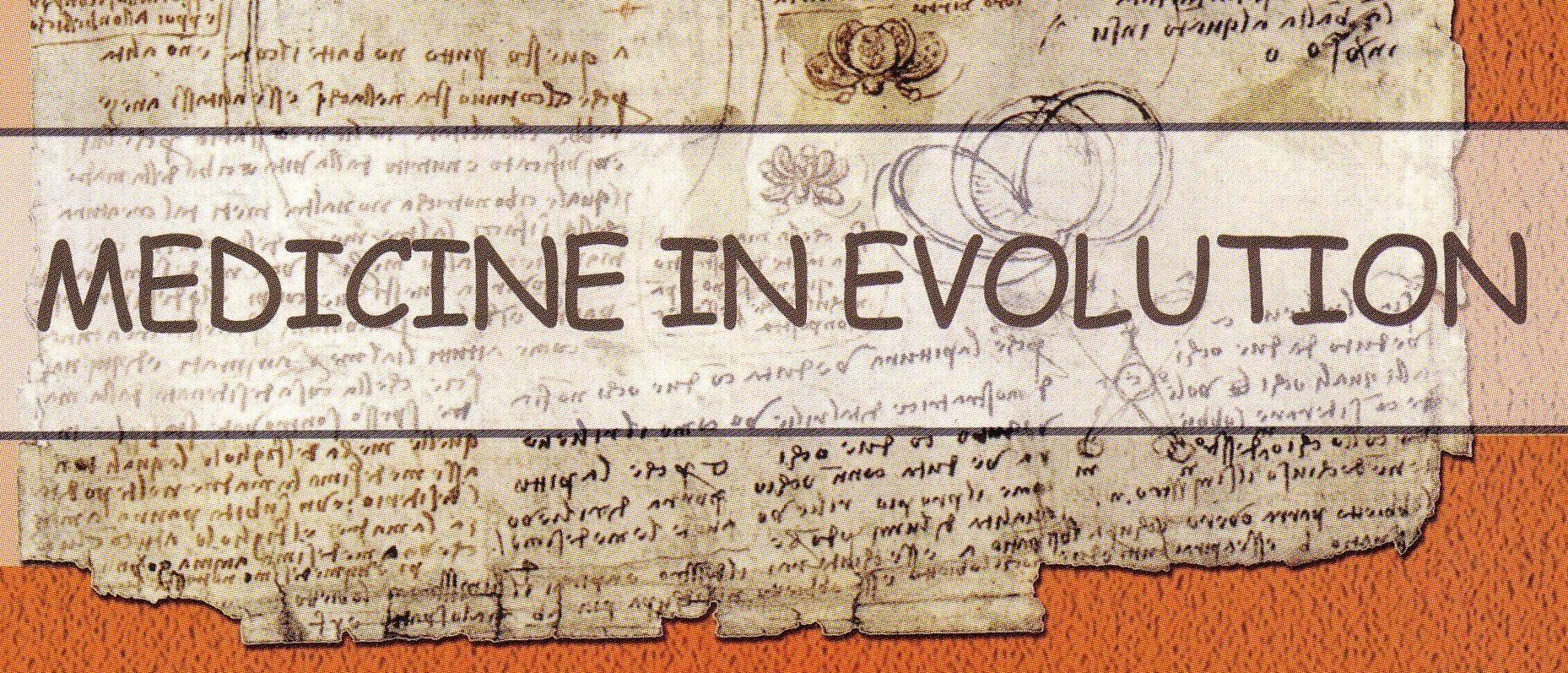|
Medicine in evolution
|
- Abstract - Introduction: Collagen-based biomaterials are increasingly appreciated by specialists in dentistry. Although they enjoy remarkable attention, they are still under research and/or clinical trial. The purpose of the drug delivery systems (DDS) is the controlled release of drugs on the affected tissue. Several interdisciplinary fields as polymer science, pharmacy, chemistry, molecular biology and dentistry are involved in the development of such complex biomaterials. The aim of this study is obtaining of DDS which has collagen (natural biomaterial with haemostatic properties) in form of gel or spongious (matrix) and as support and lidocaine (local anesthetics used to stop sending pain signals) as drug. Material and method: Both gels and matrices were obtained from type I collagen with concentrations of 1.0, 1.2 and 1.4% and 0.1% lidocaine. These were characterized by FT-IR and water absorption. Results In vitro lidocaine release from collagen supports were performed by a sandwich device adapted to USP apparatus simulating physiological conditions. Clinical trial reveals in vivo a shorter coagulation, bleeding, healing time, and a decrease of post-extractional pain.
Conclusions:
The drug release was performed for collagen matrices
in order to evaluate the amount of lidocaine
released post-extractional pain.
Webmaster: Creanga Madalina |
|---|
